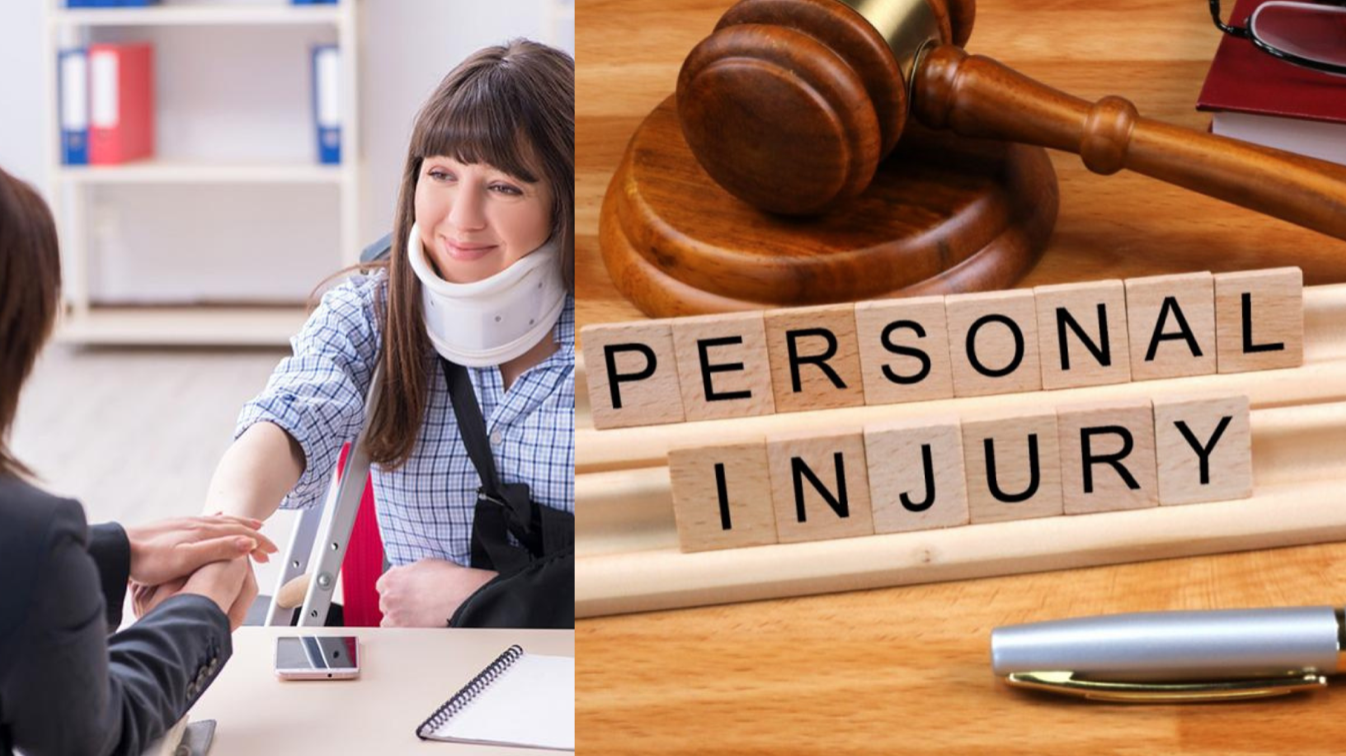Car accidents can upend lives in an instant, but by taking informed and decisive action, victims can pave the way to a fair resolution and the road to recovery.
Car accidents are often disturbing events that leave those involved to deal with both immediate and long-term repercussions. While physical recovery is paramount, understanding and effectively managing the legal aftermath is equally critical for those seeking just compensation for their losses. This guide aims to demystify the complex process of personal injury claims in the context of car accidents, outlining the essential principles of personal injury law, recommended actions post-collision, common mistakes to avoid during the claim process, and strategies for negotiating with insurance companies to achieve a fair settlement.
Understanding the Basics of Personal Injury Law
In the wake of a major car accident, the complexity of personal injury law can be daunting for those involved. It’s critical to recognize that personal injury claims hinge on the concept of negligence, which requires proving that another party’s lack of reasonable care led to the accident and subsequent injuries. Victims may seek compensation for a variety of losses, including medical expenses, lost wages, and pain and suffering. However, the intricacies of each state’s statutes can influence the process, necessitating a thorough understanding or the guidance of a legal professional when navigating these claims.
Steps to Take Immediately After a Car Accident
Immediately after a car accident, it is vital to ensure the safety of all parties involved by moving to a secure location and calling emergency services if there are any injuries. Documenting the scene with photographs and notes, including the positions of the vehicles, visible damages, and any environmental conditions that might have contributed to the accident, can be crucial for any subsequent legal actions. Exchange insurance information with the other driver and gather contact details of any witnesses, as this information will be important when filing a claim. It’s also recommended to obtain a copy of the police report, which will serve as an official record of the accident and may contain information valuable to your case.
Common Pitfalls to Avoid When Filing a Claim
One significant pitfall to avoid is admitting fault at the accident scene or to insurance adjusters, as it can impede your ability to recover compensation. It is also important not to sign any settlement offers without consulting a personal injury lawyer, who can ensure that the compensation is fair and covers all of your damages. Another misstep is delaying medical attention; prompt medical evaluation is not only crucial for health, but the medical records serve as evidence of the injuries caused by the accident. Finally, overlooking the impact of the accident on one’s quality of life and only focusing on immediate physical injuries may result in lower compensation, ignoring long-term suffering or psychological effects.
Knowing When to Hire a Personal Injury Attorney
Hiring a personal injury attorney can be a pivotal decision in securing the most favorable outcome for your case. As laws can be complex and overwhelming, having an MVA legal consultation with a professional can help alleviate much of that stress. An experienced lawyer will have specialized knowledge of the law and be well-versed in negotiating with insurance companies to ensure your rights are fully protected. If your injuries are severe or the liability is not clear, legal expertise becomes even more critical to accurately assess the true value of your claim and to advocate effectively on your behalf.
Strategies for Negotiating a Fair Settlement

When entering settlement negotiations, it’s essential to have a clear understanding of the full extent of your losses. The first order of business is to compile a comprehensive list of damages, which includes current and future medical bills, property damage, loss of income, and any other expenses related to the accident. It’s also important to factor in non-economic damages, such as pain and suffering or loss of enjoyment of life. Approaching negotiations with a well-calculated demand that reflects both the economic and non-economic impacts of your injuries will set the groundwork for a fair settlement. Remember, patience and persistence are key, as insurers often begin with lower offers, expecting negotiation.
As we have explored the often treacherous terrain of personal injury law following a major car accident, we see that knowledge, preparation, and the right legal assistance are your stalwart allies. Remember that navigating personal injury claims involves understanding the fundamental principle of negligence, taking immediate and appropriate steps post-accident, avoiding common pitfalls during the claim process, and effectively negotiating for a fair settlement. With these strategies in mind and the support of a seasoned personal injury attorney, claimants are better equipped to secure the compensation they rightfully deserve. Car accidents can upend lives in an instant, but by taking informed and decisive action, victims can pave the way to a fair resolution and the road to recovery.


Join the conversation!